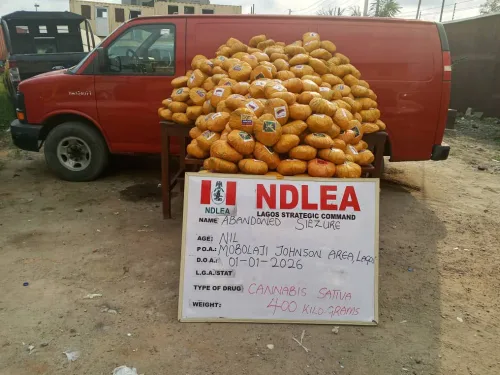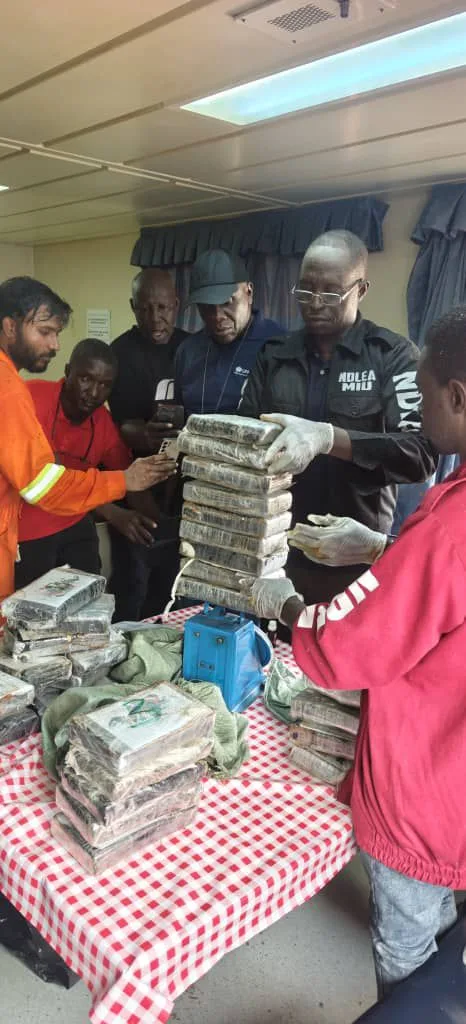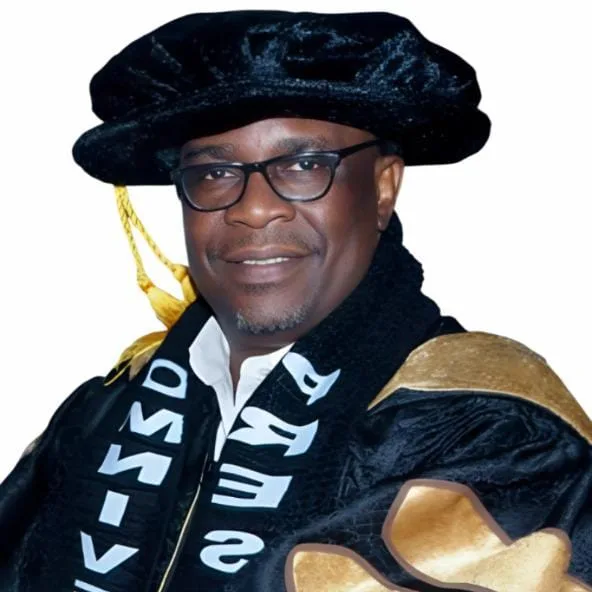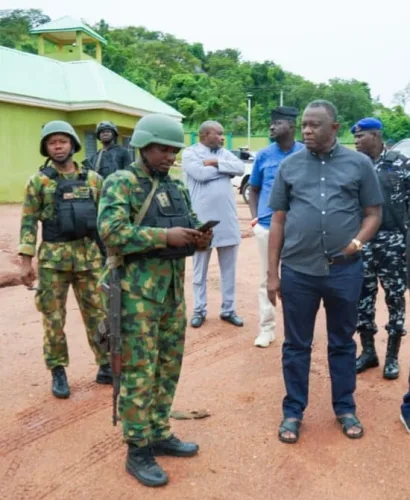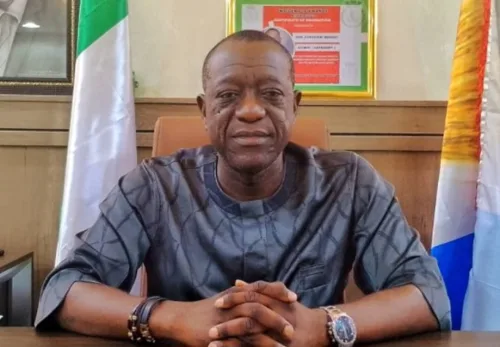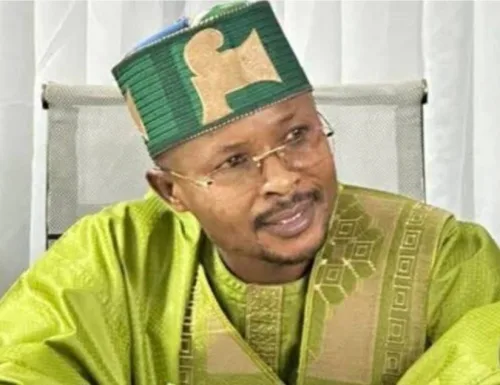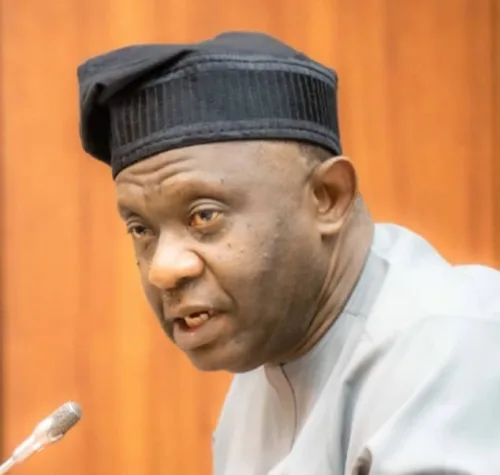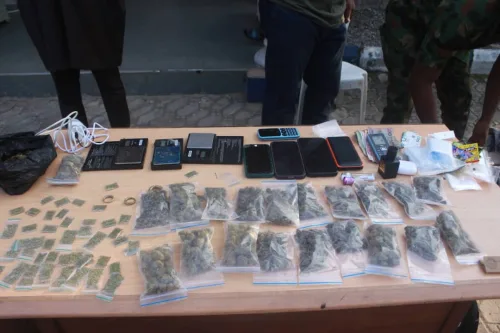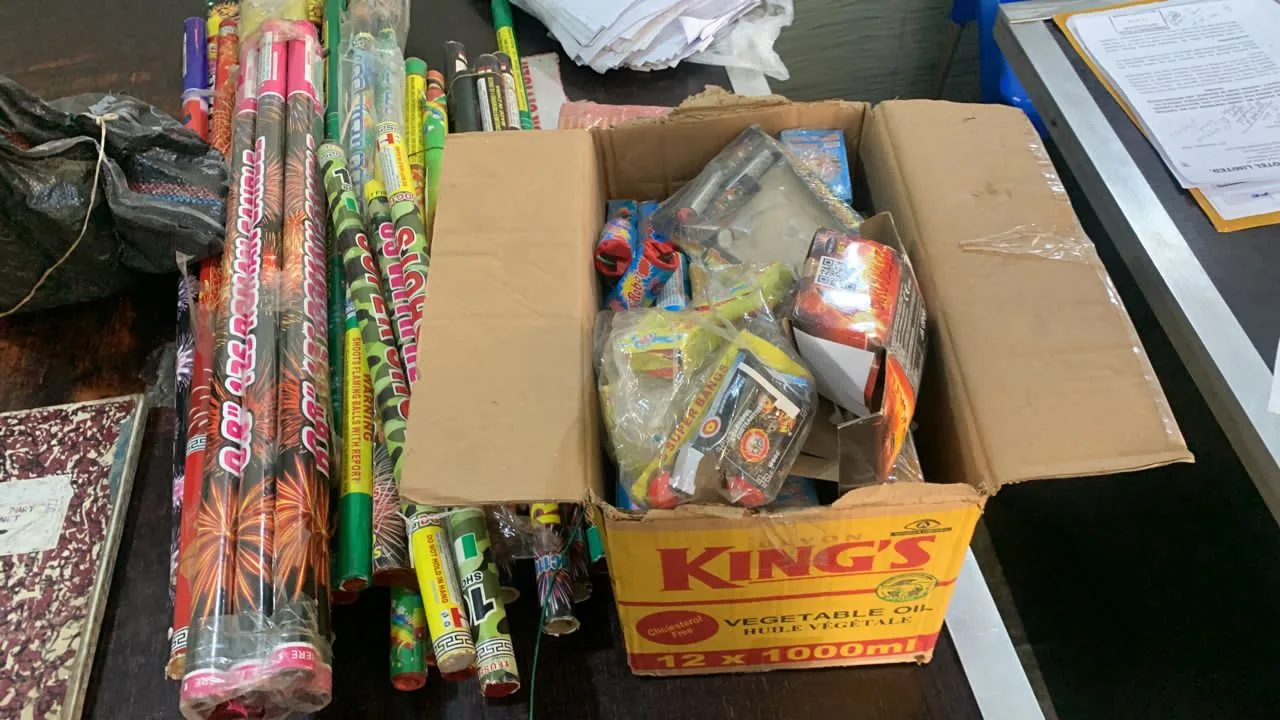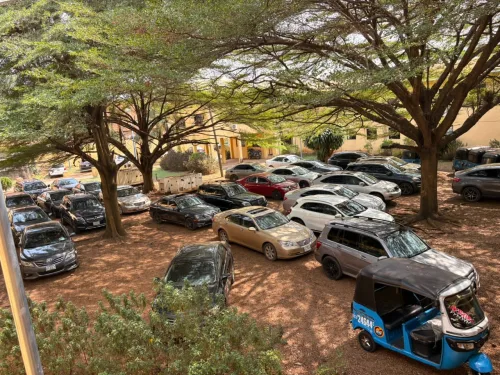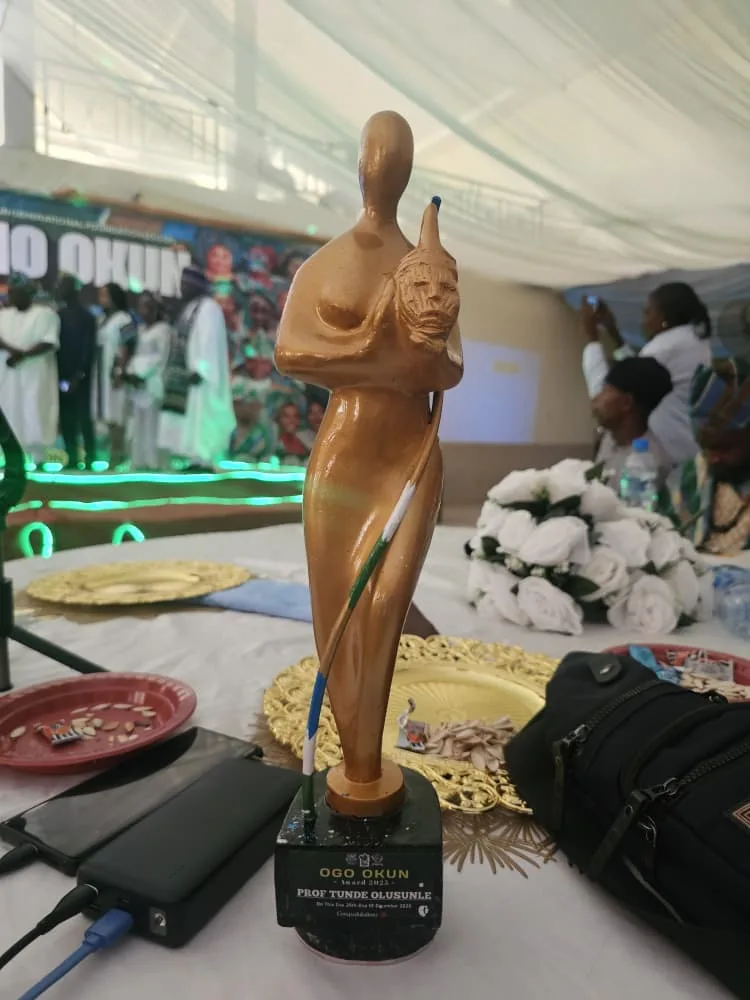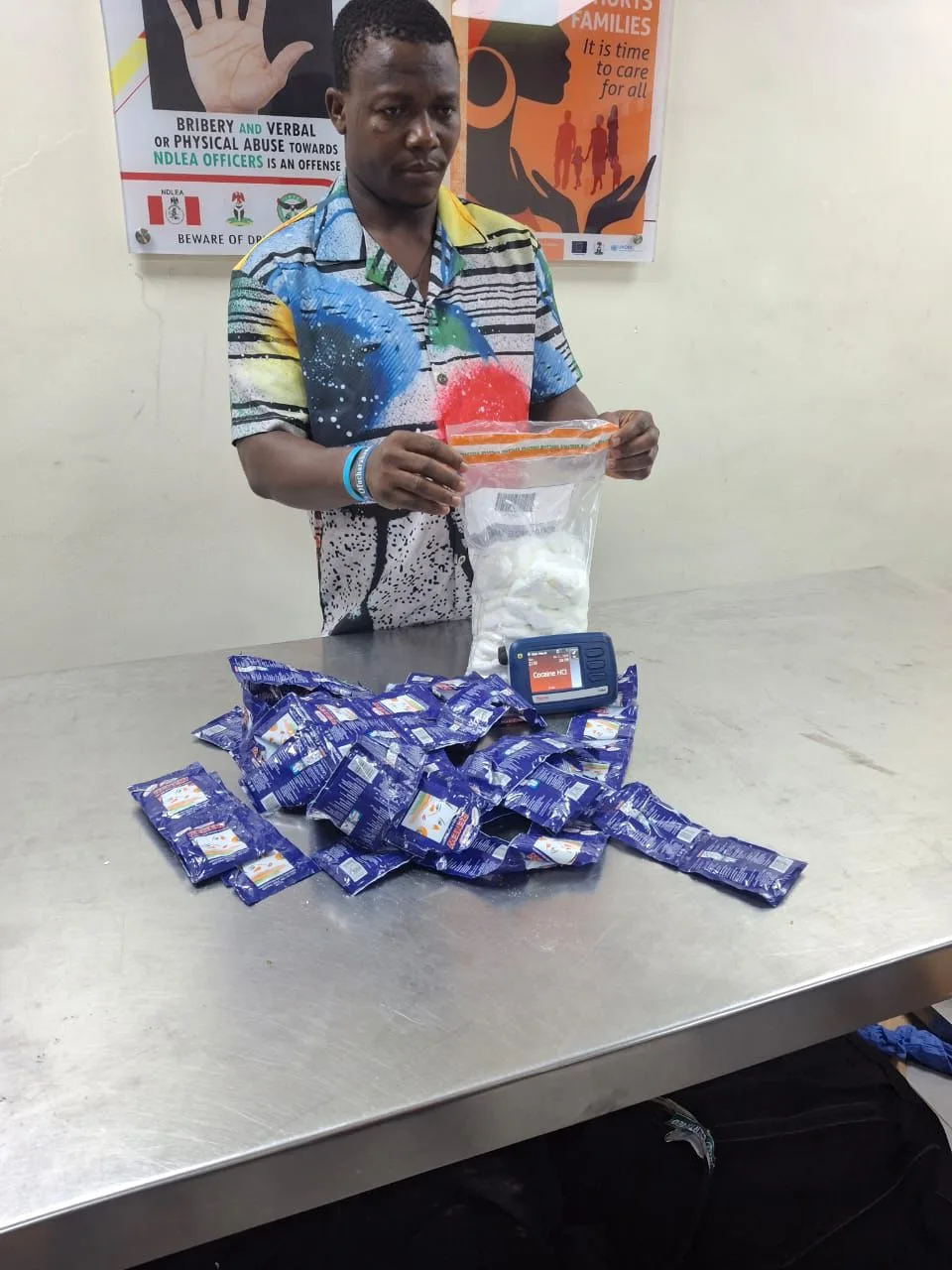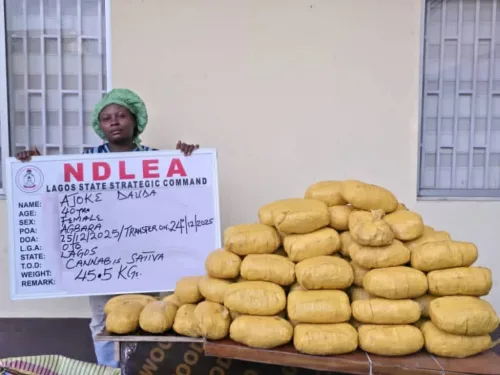By Ayo Oyoze Baje
Quote:
“Success is no accident. It is hard work, perseverance, learning, studying, sacrifice, and most of all, love of what you are learning to do.”
– Pele
My dear committed readers, faithful fans and fellow citizens of our country called Nigeria, you are most welcome to the new year, 2026 Being a pre-election year heightened by the peurial penchance of the political desperados to hang on to power at all costs;apprehensions are truly high. The sordid scenario is worsened by the tax masters who are out there to squeeze whatever is left of the pauperized populace daily struggling under the survival mode
in a harsh and inclement business environment With all of these and of course,
the on going battle against insecurity being fought in collaboration with the US military through airstrikes we, as a people are gradually gravitating towards the Darwian law of the jungle, exacerbating the survival of the fittest.
The bitter truth therefore, is that we should be prepared for eventualities, as events unfold But the million naira question remains-how are we going to navigate the thorny and twisted paths to fashion. our ways to survive the hard times?
According to Charles Darwin’s ‘Origin of Species,’ it is not the most intellectual of the species that survives; it is not the strongest that survives; but the species that survives is the one that is best able to adapt and adjust to the changing environment in which it finds itself.” What that means is that we should be
willing, ready and capable of adapting to the environmental dynamics as they come.
But first and foremost we should be grateful to our Almighty Creator that we are part and parcel of 2026.. Are we not truly lucky? Yes,we are. So, big congratulations to you that you are still
alive, hale and hearty at this challenging moment in time. We must admit that it is not by our power, wisdom or might but by the sheer grace of God. Yet, the critical questions remain: How do we make the best of this new year? How do we bring out the best in us and succeed against all odds? The answers are not far-fetched.
Talking about odds, we must first and foremost swallow our base, primordial sentiments of both ethnicity and religion and admit that the harsh economic realities on ground could all have been prevented, with selfless leadership in place. But here we are currently battling with a debatable “Renewed Hope”.
Is it that of insecurity, with Nigeria ranked sixth on the Global Terrorism Index,GTI,
characterized by the wanton wasting of precious human lives as evidenced by the spate of blood-letting in Zamfara,Sokoto, Plateau and Benue states? Or, is it the high inflation rate, including that of food, fuel, school fees, rent and sundry consumables? These were worsened of course,by the sudden removal of the fuel subsidy by Mister President back in May 2023, without adequate plan for meaningful palliatives to ameliorate the suffering of over 133 million multi-dimensionally poor citizens? No matter how concerned he is about our suffering by the increase in the salaries of federal government workers, it does not make adequate impact by throwing money at self-cteated problems. Rather, you come up with sustainable policies to create an enabling environment for businesses to thrive. That might perhaps, explain why not a few multi-national manufacturing companies have exited the country and the well woven web of the ‘Japa Syndrome’ has become an alternative to some concerned citizens. One can go on and on.
But for those of us who still strongly believe in the great potentials inherent in the vast and varied resources that God has graciously blessed Nigeria with, how do we bring out the best in us? The answers are deep down there inside each and everyone of us, like the precious pearls of gold and diamond buried within the earth.
As yours truly has kept highlighting one year after another, this moment of the new year is that for sober reflection. Each of us is like an artist with an open canvas right before him. The pictures we paint on it, with the different colours and strokes would largely depend on the individual’s experiences. Whatever our ambition and projection for the year might be, they would be influenced and informed by what we see, hear, smell, eat as well as the people and places we have encountered over the years. And of course, the concrete actions we have taken to drive our dreams to the sunlight of reality.
The hard fact is that we have under utilized the huge potentials God has endowed us with. Put simply, each and everyone of us can do much better than we have been doing. According to experts on psychology, as revealed by Norman Vincent Pearl,
none of us has used more than 25% of the enormous powers God has deposited within us.
That brings into focus Bryan Adams inspirational note that:”Your potential is unlimited.Aspire to a higher place.Believe in your abilities, in your tasks, in your judgement”. But do we really know all the timeless treasures and golden goodies lying within us? No, we do not. And even the ones we are able to identify, we do not believe in them, with some of us underrating what they can do for us. So, where do we begin from?
Where else but from God, our all-wise, all-powerful, and all-gracious creator? He alone knows the all-important reasons for creating each and everyone of us and what sterling attributes He has abundantly deposited in each of us. Whatever religion we practise, it is therefore, significant for us to go to our maker with praises and supplication for all He has done for us and ask Him to reveal what He has blessed us with. It is important also to: “Know thyself and to thyself be true” as the wise ones have rightly admonished.
Going further, it is easy for us to know what these attributes are by answering the pertinent questions. What good things do I love to do, and do them so effortlessly that they bring me inner joy, satisfaction and fulfillment? What are my skills, talents, and hobbies?What do others find difficult to actualize but I find it as easy as dotting the ‘I”s and crossing the ‘T”s? What do other people quickly identify me with, once my name is mentioned? Whatever it is, never look down on them because that is the key to open your doors of Divine Destiny.
It could be to draw, to paint, to design clothes, shoes and bags. It could be to farm, to repair broken down gadgets, or to build houses. It could be to crack other people’s ribs, as a jester or comedian. That is your calling. Never look down on your God-given gifts. For instance, ace comedian, Ali Baba once trekked all the way from Ikorodu to Victoria Island, VI, Lagos in search of a white-collar job which he did not get. But once he identified his ability to make others laugh and honed it, his life trajectory changed for good! Now, people take flights from across the globe to seek for his service.That is it.
The next step to take is to work on your talents. It all starts with your mindset. Control it. Your subconscious mind is a fertile field. Sow life-giving seeds in it. Develop a Positive Mental Attitude, PMA. Do away with all negative thoughts. It takes absolute belief or faith in God and the abilities He has given you. It takes character, confidence, courage, commitment and self discipline. It takes hard work, humility, and honesty of purpose. It takes perseverance, learning and sacrifice, as the late Brazilian soccer genius and legend, Pele rightly mentioned, and as highlighted in the introductory quote.
Interestingly, all these sterling qualities the world has seen exhibited year after year, by unarguably one of the most consistent footballers the world has ever been blessed with, who is none other than Cristiano Ronaldo. He keeps shattering most soccer records, by not only bagging the most international goals ever scored by an individual, as well as achieving feats across different leagues but by being an embodiment of practice, passion, perseverance and persistence,while the world waits for him to reach the fantastic feat of reaching the remarkable 1,000 goals.
All these bring to the fore, Benjamin Franklin’s beautiful admonition, that: “Without continual growth and progress, such words as improvement, achievement and success have no meaning”. That shows us the significance of the power of creativity. It simply means the ability to bring out new, unique and valuable perspectives to either existing products and conditions, or coming up with new ones. We all need this attribute at this trying time of economic hardship. As ace music producer, Kenny Ogungbe wisely stated, when you are holding up a partly filled cup of water you view it as either half-filled or half-drained. The choice is yours.
To underscore this point, Charles Darwin, brought the idea of the ‘Origin of Species’ with the ‘ Evolution Theory’ to the public sphere back in 1859. He explained that through the law of natural selection, as it favours only those who can easily adapt to changes. To do so we have to deploy our sense of creative ingenuity. And that is what the inventors of electric cars have done to gradually phase out fossil fuel-powered vehicles. In a similar scenario, solar- powered panels have come to gradually take over other sources of electric power supply. To survive the excruciating economic situation in the country, several Nigerians should refuse to give up against all odds.
As Ray Kroc, the man who bought over the Mc Donald’s franchise aptly stated:”Persistence pays”. We are all familiar with the inspiring story of the American, Abraham Lincoln who failed in business twice,lost in politics several times and suffered personal tragedies but eventually clinched the much elusive post of the president of the United States as he was elected in 1860. What about the scientists who came up with the first cloned mammal, Dolly the sheep in 1996? Did you know how many times they tried before succeeding? 277 times! What would have happened if they had given up at the 276th trial? The answer is yours.
My dear brother, sister, friend and fan, if Mercy Johnson did not give up hope as a pure water seller in Lagos; if Victor Osimhen saw the sun smiling behind the dark clouds as a street hawker in Lagos, if Patoranking did not lose focus as a rat-killer seller and Funke Akindele was not discouraged by the Nollywood movie makers, who wrongly described her as lacking the attributes of a blockbuster movie artist, why should you?
But wait awhile. What was the common aptitude amongst the five of them? They believed in their abilities, in their dreams, in their tasks and in their judgement, as Bryan Adams wisely stated. So should you.
But remember, that whatever idea you plan to work on, you cannot do it alone. As Sam Walton rightly noted: ” Individuals do not win, but teams do”
Welcome to 2026, the year of limitless opportunities and possibilities. Keep going forward, against all odds.
